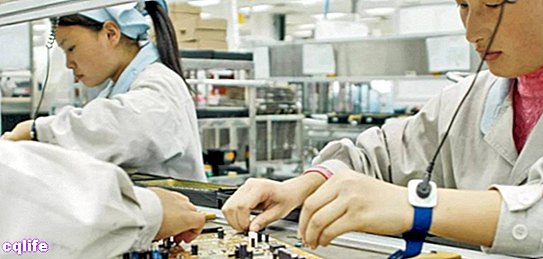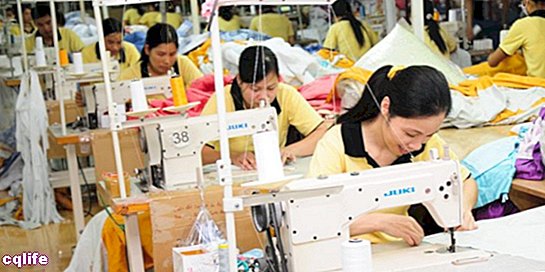- What are the means of production?
- Means of production in Marxism
- Capitalist means of production
- Socialist means of production
We explain what the means of production are and what types exist. In addition, the capitalist and socialist vision of the means of production.

What are the means of production?
The means of production are economic resources, also called physical capital, that allow carrying out some work of a productive nature, such as the manufacture of an article of consumption, or the provision of a service.
This term involves not only money, but also natural resources (raw material), Energy (electric, generally), transport networks, machinery, tools, factories and everything necessary to keep the productive circuit running. Not to be confused with modes of production, which are the specific ways in which a society organizes their economic activities.
The means of production can be classified according to their participation in the production process, into two types:
- Means of direct participation. They carry out the production per se, thanks to the efforts of the workers (operators, workers, etc.), tools and production material.
- Indirect means of participation. Those that are not directly linked to production, but are essential for it to be carried out successfully, such as warehouses of raw and processed materials, transport networks, general services, etc.
Means of production in Marxism
According to the philosophical and political doctrine created by Karl Marx, modern society is controlled by that social class that controls and owns the means of production. That would be, according to Marxism, the reason that the bourgeoisie emerged from the Middle Ages to become the new ruling class, profiting from the labor of the working class (proletariat), dispossessed and whose only offer consists of its ability to work.
In this way, the transformation of capitalism to the communism proposed by Marx would occur once the workers were, precisely, those who controlled the means of production instead of the bourgeoisie that exploited them. This was called the "Dictatorship of the proletariat."
Capitalist means of production

According to Marxist theory, capitalism as a system is based on appropriation by the bourgeoisie (the private property) of the means of production: factories, machinery, tools, means of transport and large capitals of investment. By owning the job itself, so to speak, they can exploit the working class who offers their workforce.
Bliss exploitation of man by man consists of the commercialization of products and services elaborated by the working labor, obtaining benefits that allow not only to keep the machinery running (reinvestment), which includes paying the proletarians a salary per hour worked, but also obtain economic surpluses (capital gain) that serves to maintain their privileged lifestyle.
Thus, according to Marx, capitalism would be a great machinery for the exploitation of the labor of others in exchange for a salary (money) that must be used to consume the products and services offered, in turn, by other workers exploited in turn by another segment of the bourgeoisie.
Socialist means of production
In the socialist system, theoretically at least, since it has never been possible to make it operate satisfactorily, the means of production are controlled by the workers themselves who carry out production, without bourgeoisies parasitizing the generated surplus value.
Instead of just receiving a salary, in the socialist system workers receive part of the production achieved, since there are no private owners of the means of production, but it belongs to everyone. In practice, this means that the means of production are managed by the Condition and its production aimed at satisfying the specific needs of the population, rather than filling a for-profit consumer market.
In this system there would be no surplus value, since the production surpluses would go to the workers themselves and the need for capital in organized society could be eliminated.
